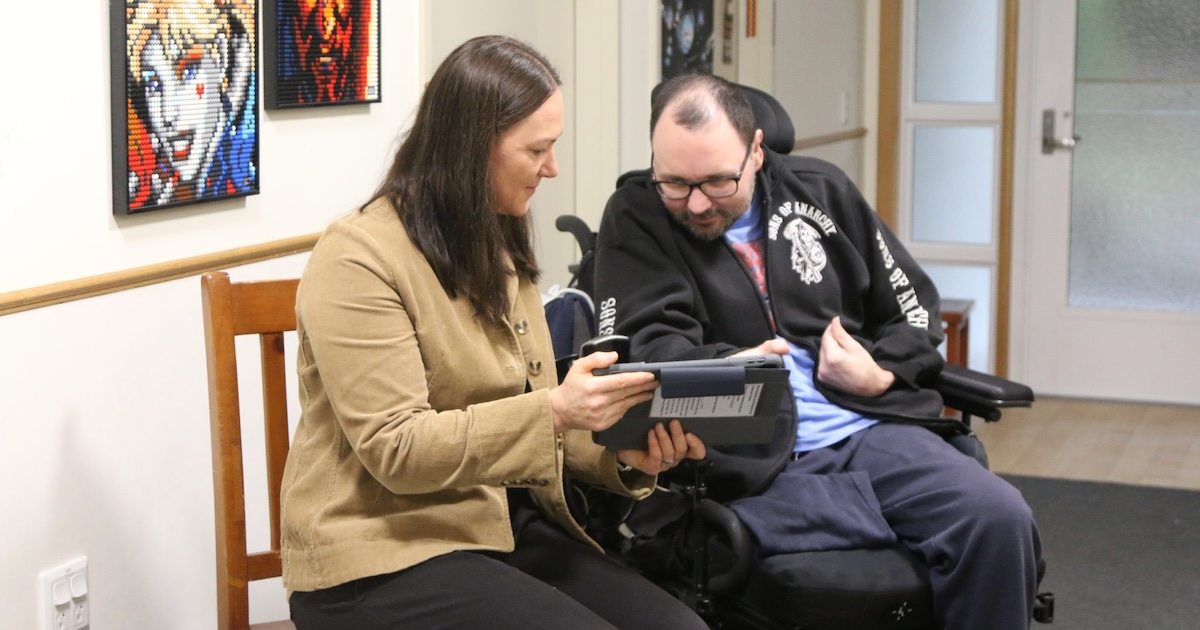The University of New South Wales Sydney is partnering with India-based medical research institute The George Institute for Global Health on a programme called Health10x to accelerate and scale up startups focused on healthcare.
Delivered by UNSW's Entrepreneurship Unit, the 20-week programme will include five health startups providing products and services focused on chronic diseases.
The programme includes a six-day immersion trip to India to expose the five startups to the country's healthcare sector, where they will work on projects like low-cost point of care testing for diabetes and innovative treatments for heart failure.
"Our aim is to help scale-up and deliver products that will help improve the health of millions of people worldwide," Dr. Elizabeth Eastland, director of entrepreneurship at UNSW Sydney, said in a statement.
The five startups include Bio-Sens Tech, Evidentli, BeacoHealth, Attoquest (previously Nano Bright) and Circulatory Support Technologies – representatives from all will visit local healthcare settings in Rohtak, Haryana, and meet healthcare workers to get a deeper understanding of the country's healthcare system.
"Given India's focus on creating an enabling ecosystem for innovation, it is timely that these start-ups are being provided this opportunity to explore the Indian market," Dr. Oommen John from George Institute for Global Health India, who is leading the Health10x programme in India, said in a statement.
The partnership follows an agreement announced in April between China and Australia aimed at boosting innovation and science links, with a focus on developing medical technology and sensing devices.
Among the five new Joint Research Centres receiving a grant of more than $900,000 each is Flinders University and Nankai University, which will use the money to develop accessible medical sensing devices to enable early detection of emerging health concerns and empower healthy choices.
The University of Technology Sydney and the Changchun Institute of Applied Chemistry plan to develop a low-cost, portable point-of-care testing device to help identify markers of genetic disorders, infections and cancers.
The Australian and Chinese governments are also partnering to fund a Joint Research Centre tasked with developing a next-gen point-of-care testing device to help identify markers of genetic disorders, infections and cancers.
Meanwhile, the University of Sydney and China's Fudan University announced in May that they are partnering on a research initiative to explore the uses of artificial intelligence to improve brain and mind health.
The research partnership, officially titled the Brain and Intelligence Science Alliance, will combine study of computational neuroscience with the ethics of AI use.
